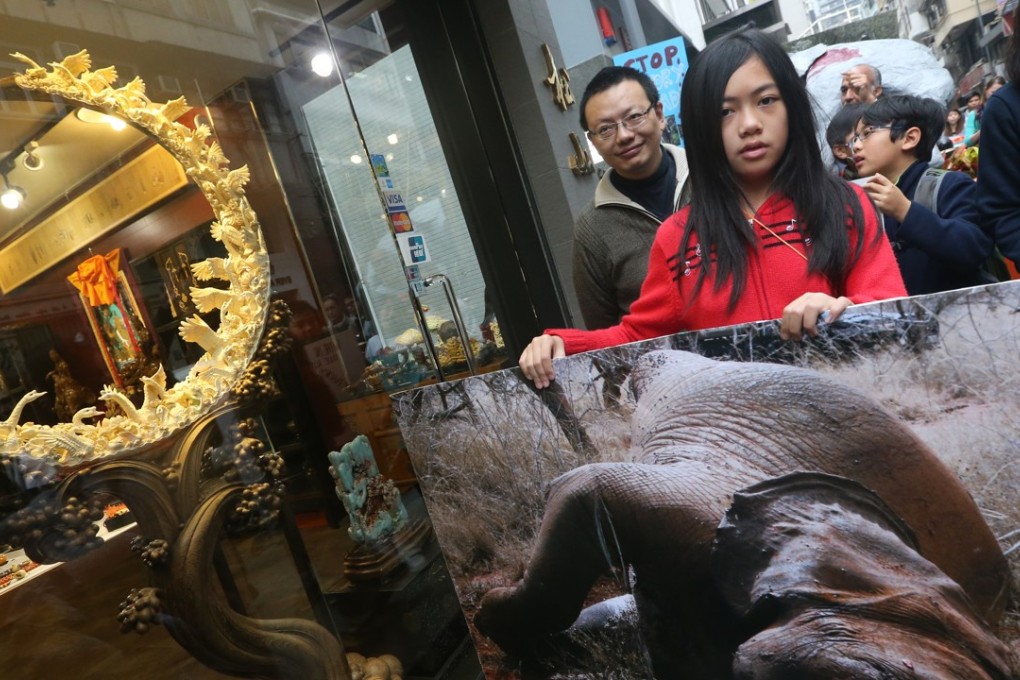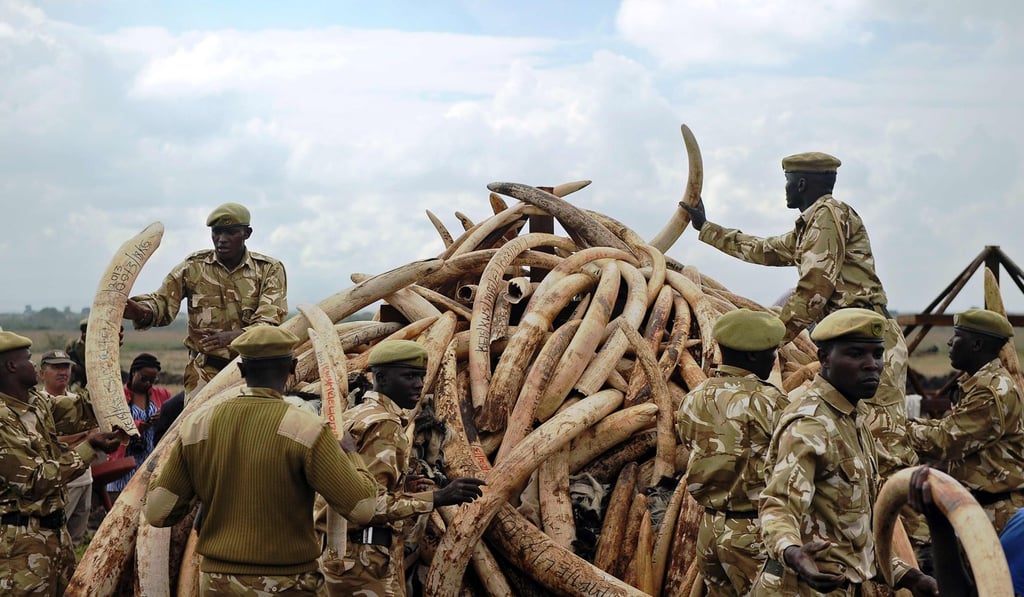Hong Kong must act now on total ivory trade ban, as delays would be deadly
Erik Solheim says saving the elephant from poachers and extinction is hard when demand is so high, and it is high time destination markets like Hong Kong outlawed ivory sales

When poachers kill a mother elephant, the dependent babies left behind usually die. Rarely, lucky ones are rescued. A handful of orphanages at African elephant ranges see them rehabilitated, raised and released back into the wild. I recently visited one of these. Some of the babies had been stabbed or shot, but their wounds ran much deeper than the physical. Elephants are highly intelligent and social. Orphaned babies are often depressed and grieve for months or years. Some even die of despair.
One of the reasons elephants ... are going extinct has to be the most indefensible: we are killing them for trinkets
Human beings are uniquely responsible for these tragedies. We have been condemning other species to death for centuries, but one of the reasons animals like elephants and rhinos are going extinct has to be the most unforgivable and indefensible: we are killing them for trinkets.
Somehow, these magnificent animals have survived this long in spite of our desire to carve up their body parts for jewellery, figurines and bogus “medicinal” remedies. Not much longer: in the past decade, elephant populations have fallen by almost one third. And, in 1970, there were around 70,000 black rhinos. There are now about 5,000.
At this rate, the only elephants and rhinos our grandchildren will see will be the few remaining in zoos. And their children will only read about them in textbooks.
Watch: Why elephants may go extinct in your lifetime
There is an alternative: one where coming generations can enjoy seeing these incredible animals in the wild; where communities close by can enjoy the corresponding benefits of tourism and healthy ecosystems, instead of being wrenched apart by poaching; where illegal ivory trade does not fund organised crime.
This can be done, but we must act urgently. Countries in Africa, where most of the ivory originates, are working hard to stop the flow of ivory and prevent the slaughter.
